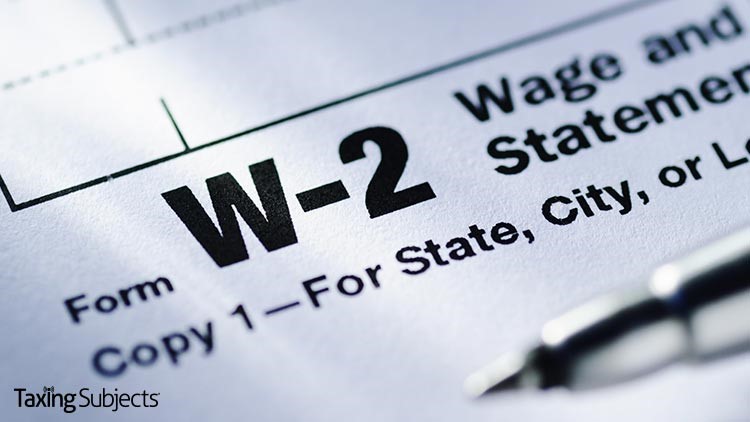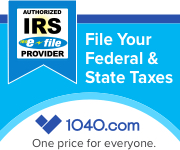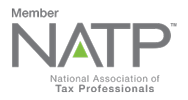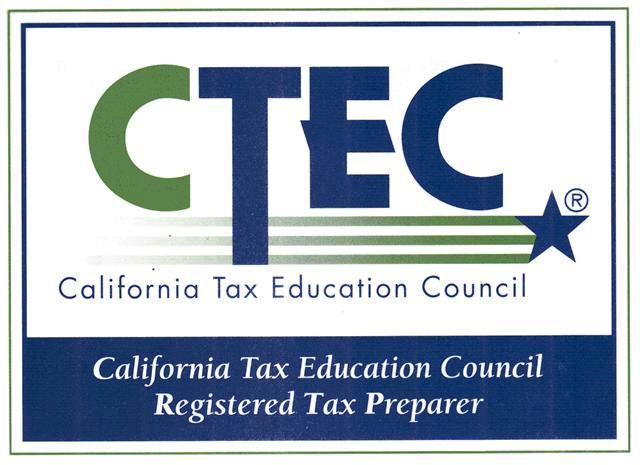
It’s not uncommon for taxpayers to forget some of the tax documents required to accurately file their return, even in a normal year. When dealing with a chaotic mix of mail delays, new tax credits, underemployment, and unemployment, it’s almost guaranteed that there will be at least a few issues. That’s why the Internal Revenue Service this week issued a tax tip to help taxpayers with missing or incorrect tax documents.
How do taxpayers request a replacement for a missing or incorrect form?
The type of form that is missing or incorrect dictates what a taxpayer should do to get a replacement. The IRS says taxpayers need to reach out to their “employer, payer or issuing agency and request the missing documents” for missing income-related tax documents that didn’t arrive in January, like Forms W-2, 1099-MISC, 1099-INT, 1099-NEC, and 1099-G.
Speaking of Form 1099-G, first-time recipients of unemployment benefits face two potential hurdles:
- Knowing they need to report unemployment payments as income in the first place
- Getting a correct Form 1099-G to help accurately report this income on Schedule 1
Further complicating matters relating to unemployment, some taxpayers have been getting a Form 1099-G for unemployment benefits that they never received. In addition to possibly being a sign that their identity has been stolen and used to fraudulently claim unemployment payments, affected taxpayers need to let the issuing state know they never received the unemployment payments listed on the form.
What should I do if my replacement forms won’t arrive before Tax Day?
Depending on when the replacement request is made, it’s possible the documents won’t arrive in time to meet the April 15 deadline. In that case, the agency suggests using substitute forms to “estimate the wages or payments made to them … [and] the taxes withheld” to timely file:
- Form 4852, Substitute for Form W-2, Wage and Tax Statement
- Form 1099-R, Distributions From Pensions, Annuities, Retirement or Profit-Sharing Plans, IRAs, Insurance Contracts, Etc.
The IRS says that taxpayers who got a Form 1099-G listing unreceived unemployment benefits should “[report] only the income they received.”
What should taxpayers do if they suspect their information has been used to fraudulently file for unemployment benefits?
After requesting a corrected Form 1099-G to accurately file a tax year 2020 return, taxpayers who receive an incorrect Form 1099-G may need to take steps to prevent identity thieves from using their information to fraudulently apply for credit cards, bank loans, and other financial services.
Drake Software Chief Compliance Officer Suzanne Vanderpool recommends a Federal Trade Commission resource for taxpayers who suspect they are a victim of identity theft: “The FTC has a very informative website, www.identitytheft.gov, that not only gives you steps you can take but also allows you to create a personal recovery plan.”
Sources: “Tax Tip 2021-26,” IRS.gov




